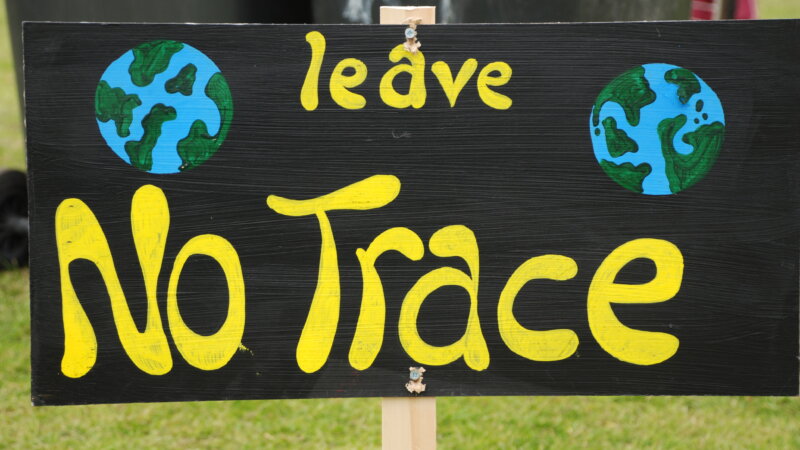Crip: A Story of Reclamation
Crip is bold, rebellious and unapologetic. Crip has sass and attitude. Crip is a movement that has emerged from the disability community actively rebelling against ableist attitudes, prejudice and stereotypes.
A collective of disabled people around the world are re-purposing derogatory language which has historically been used to oppress. Crip is short for ‘cripple’, a term which was once acceptable, before it was turned around and used to discriminate. Crips are now reclaiming the word.
Of course, the disability community is, like any other, diverse and heterogeneous. Crip is controversial, and whilst some advocate this language, others feel very uncomfortable around it. We must, however, accept and respect how individuals want to refer to themselves.
The movement has reclaimed a range of other ableist slurs. Spaz is my favourite and the word I most identify with. It perfectly describes my body at three in the morning, when it’s uncontrollably shaking and won’t let me sleep. It derives from spastic, a medical term which was shortened and used to victimise disabled people with a range of conditions, including myself.
Reclamation is not a new phenomenon. It’s common amongst marginalised and oppressed groups, many of which take ownership of the words they reclaim. This means they cannot be used by outsiders. They belong to us and they empower us.
Most disabled people who identify as crips use disability first language, as opposed to person first language. We prefer to be called disabled people rather than people with disabilities. Why? Because the d-word means something very different to us than it does to non-disabled people.
We are not disabled by our conditions, but by the society we live in. The theory that disability is socially constructed comes from the social model and the vast majority of people identify with it. I don’t think I’ve met a disabled person who doesn’t. Picture a wheelchair user trying to enter a building which has a flight of stairs but no lift. Is it their condition, or the fact that the place was built without their access needs in mind, which is disabling them?
We embrace disability first language to make a statement. We are voicing that our identities are affected by the way society treats us, not by our conditions. Non-disabled people often want to separate the disability from the identity. They would prefer to call someone a person with a visual impairment rather than a blind person. This doesn't make sense to me, because we do not separate gender, race, sexuality or religion from our identity in the same way. I am a woman, not a 'person with womanliness'. In my opinion, this separation shows a lack of understanding of what disability actually is and the impact it has on our lives.
Beyond language, crip culture rejects the stereotypes that are often associated with disabled people, particularly our desexualisation. Ever wonder why accessible toilets don’t have condom machines in them? It also seems to surprise some non-disabled people that not only are we able to have sex, but that we have sexualities. We are straight, gay, lesbian, bi and queer. We are also cis, transgender and genderqueer.
Crips are often seen as undesirable and asexual. Our sexualities are very rarely represented in the media or mainstream porn, and I have never seen a queer crip represented anywhere, ever. At the other extreme we are fetishised by some, which is just as bad. Look up ‘devotees’ and you’ll understand why.
I’d encourage you to explore crip culture - pioneers include Leroy Moore and Caitlin Wood - and respect the choice that people have made to reclaim this language, whilst being mindful that not every disabled person identifies with these words.
Crips are purposefully provocative with language for a reason. It serves as a constant reminder of the oppression of our community. If the words I use to describe myself make you feel uncomfortable, maybe you should ask yourself why?





